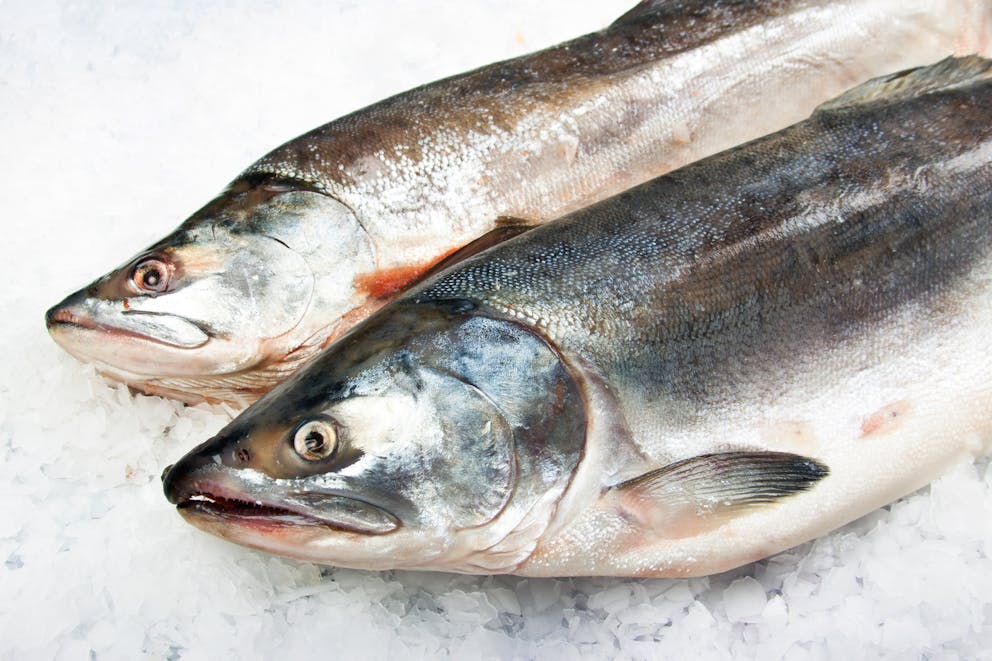Symptoms, conditions and causes
Link Between Diet and Neurological Disorders
Link Between Diet and Neurological Disorders
Diet can have a profound impact on neurological health. Diet has a noticeable impact on neurological conditions, particularly Alzheimer's and dementia.
Alzheimer's Disease, Insulin Resistance, and Glucose Starvation
The brain relies heavily on glucose for energy. However, when insulin resistance occurs due to poor dietary choices like consuming excessive sugar or refined carbs, it can lead to what we call 'glucose starvation' in the nerves.
This starvation scenario, where neurons are deprived of essential fuel, has been linked directly with Alzheimer's disease. So you see how your dinner plate might be affecting your cognitive health.
The Connection Between Gluten and Dementia
Gluten isn't just about avoiding bread for those wanting to lose weight. It may seem harmless, but gluten sensitivity could potentially trigger gut problems that affect more than just digestion.
Studies suggest a correlation between these gluten-triggered gut issues and an increased risk of dementia - surprising, right? While research is ongoing, reducing gluten intake seems sensible for your belly and possibly for protecting against neurodegenerative disorders such as dementia.
Wild-Caught Salmon: A Superfood for the Brain
For optimal brain health, wild-caught salmon should be the food of choice. But why is it considered so beneficial?

Nutrient Profile of Wild-Caught Salmon
The secret lies in its rich nutrient profile. Packed with Omega-3 fatty acids, including DHA and EPA, salmon provides essential building blocks for neurotransmitters - those vital messengers in our brain.
These Omega-3s improve memory, learning capacity, and mood and help lower inflammation and insulin resistance, which are detrimental to our cognitive functions.
Besides these benefits, another advantage of incorporating wild-caught salmon into your diet is its keto-friendly. This means it can provide ketones as an alternative fuel source for the brain when you're on a ketogenic diet orpracticing intermittent fasting.
Last but certainly not least is astaxanthin – this pink pigment found abundantly in wild-caught salmon is a powerful antioxidant that shields neurons from damage by free radicals.
Last updated: Apr 22, 2024 15:19 PM
